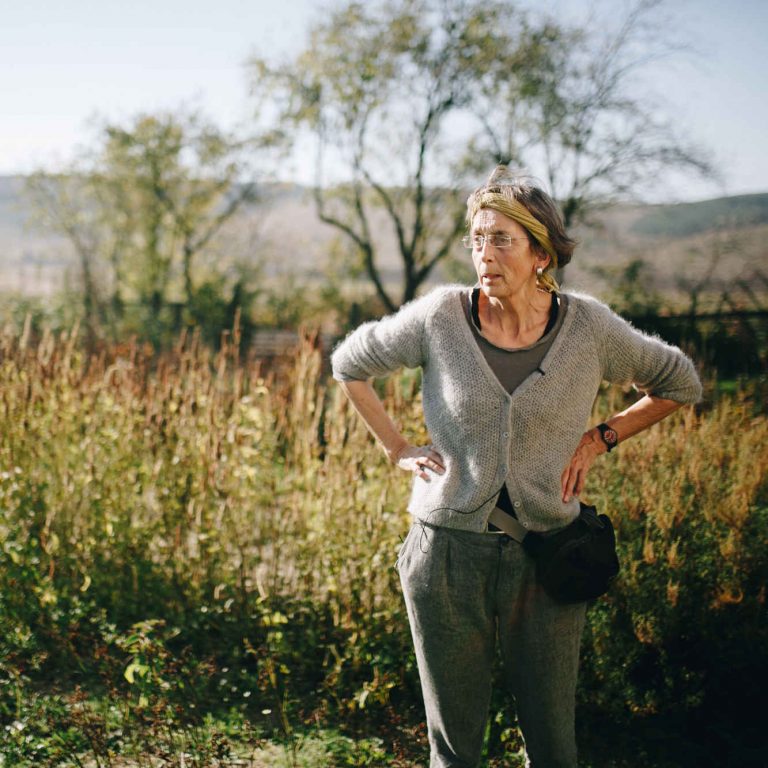Several years ago, Christina Lieberger made her first business trip from Switzerland to the village of Potutory in Halychyna. She decided to stay here and work with the locals, developing biodynamic agriculture that is based on a caring approach to the soil. In a small garden, Christina and her assistants grow over 50 species of plants and herbs, from which she makes herbal teas and seasonings. It all started with Christina’s desire to create something single-handedly and work with the soil, as well as her interest in Ukraine, which she considers a land of opportunities. This prompted her to fulfill her long-held dream here — to start her own farm and show how a small piece of land can be turned into a successful business.
Christina Lieberger was born in Sweden, then moved with her parents to Switzerland, where she got her education and started a family of her own.
Before moving to Ukraine, Christina taught gardening at the Waldorf School in Switzerland for more than 15 years, not far from the city of Basel.
Besides her practical experience of biodynamic agriculture, she also read books and consulted with her experienced acquaintances. Christina identifies several reasons why she moved to Ukraine:
The Waldorf School
The Waldorf pedagogy emphasises the role of imagination in education, and seeks to bring together the intellectual, practical and artistic development of the students.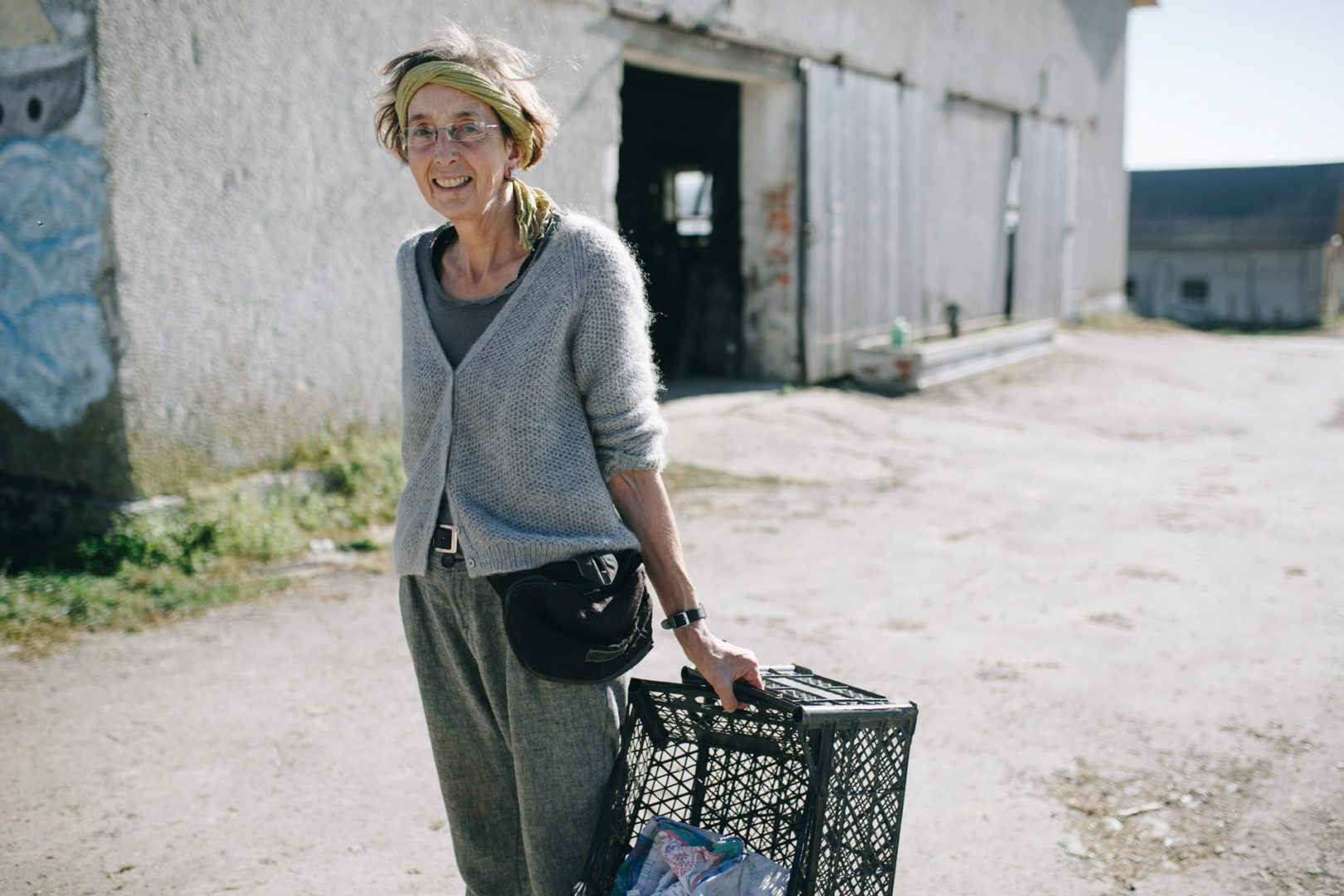
— My first reason for moving was that I had always been interested in Eastern Europe. Secondly, I had always loved working with soil. Thirdly, I wanted to create something. For my entire adult life, I have been a teacher or a mother. I’ve always been with my children, and I finally wanted to do something different.
A few years before Christina finally decided to move to Ukraine, she and her friends formed an association in support of organic agriculture, called ‘The Living Land of Switzerland’. As Switzerland is the top country in Europe in terms of the quality of agricultural products, this is a valuable experience for Ukraine.
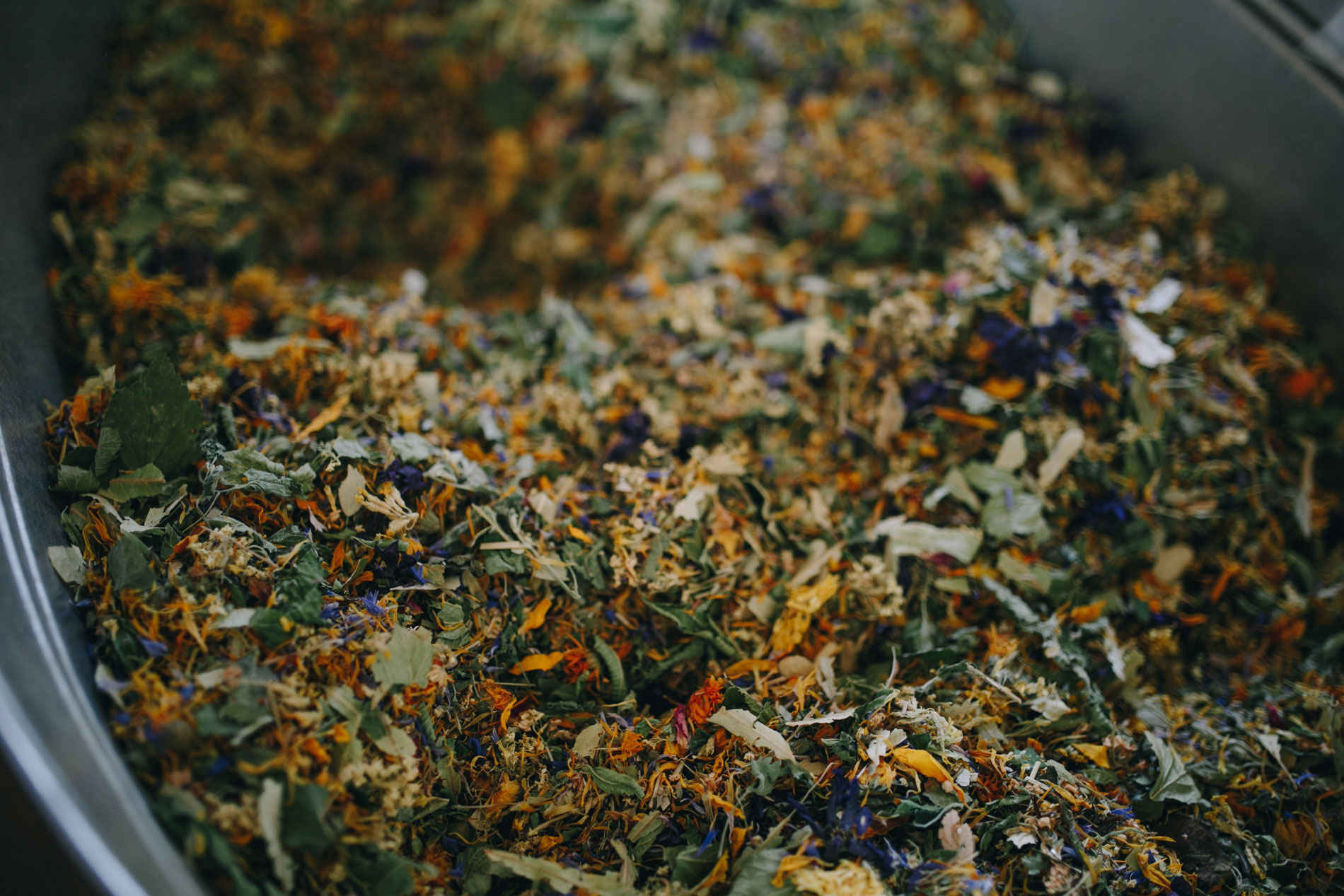
Among the other countries in Europe, the association has chosen to work with Ukraine. Christina came to Ukraine on a business trip as a member of the ‘Living Land of Switzerland’ delegation. This was the start of the story of this Swiss woman’s connection to the Ukrainian land. The question of her relocation remained open, but the woman was not sure if she was really ready to leave everything and move. However, she was assured by her school colleagues that they would keep her place at school.
Shortly after moving, Christina Liberger started her own business in Potutory, creating the company Teas from Potutory, working with a biodynamic approach to agriculture. She had to start from scratch:
— I didn’t have a business plan, I only knew the direction I was going in. For the first year or more, I did everything by myself, even the packaging.
Firstly, she rented a few beds of land. At that time, according to Christina, she already had some experience in growing herbs and knew several blends of herbal tea. Now the production of Teas from Potutory is a whole system, in which Christina is helped by her four assistants.
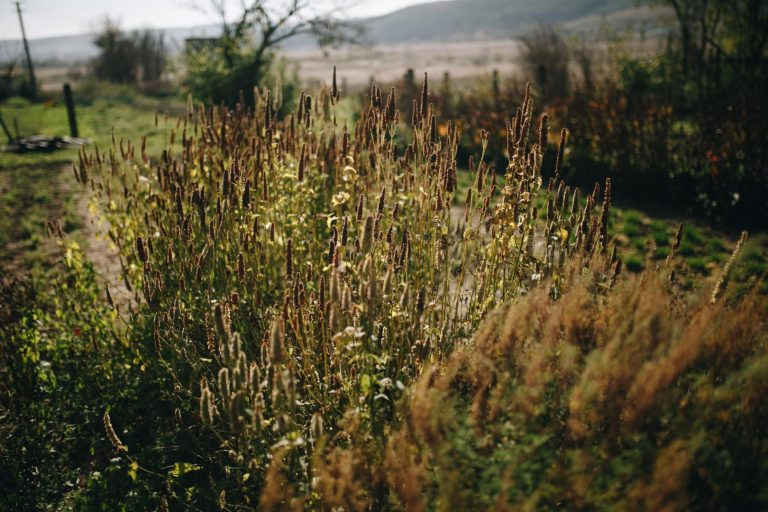
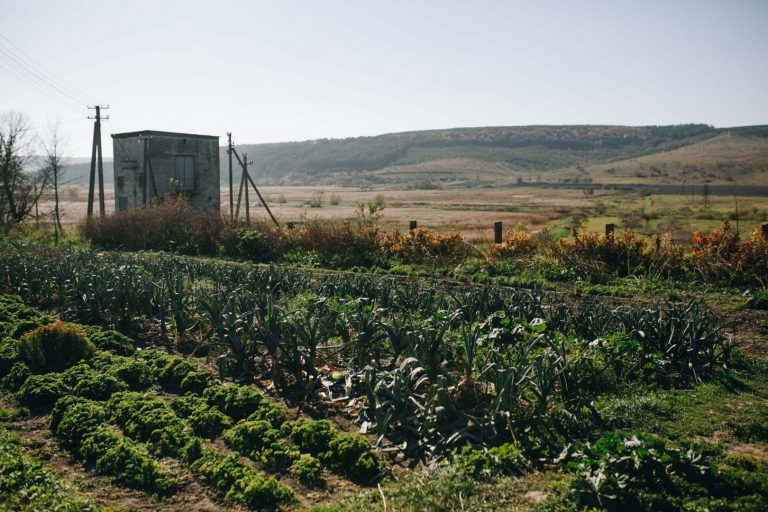
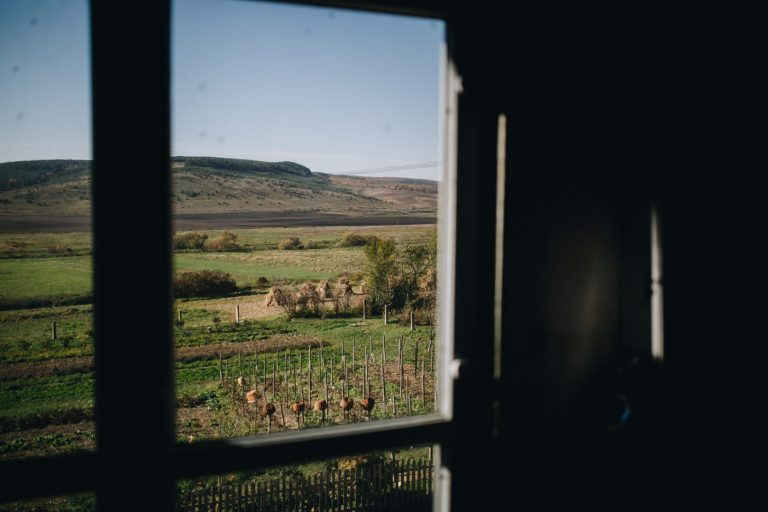
slideshow
For spices and herbal blends, Christina and her assistants grow dill, basil, lemon balm, coriander, sage, and chamomile. Fennel, celery, thyme, Greek oregano (pot marjoram), and Moroccan mint also grow here. In total, there are more than 50 species of herbs.
Everything is done manually: loosening, sowing, digging, and harvesting. After the herbs are dried in the fresh air, they are ground and mixed according to the recipe, and then packed in paper bags or glass jars.
In addition to open ground, herbs are also grown in greenhouses; in spring, these greenhouses are filled with seedlings. Some herbs and fruits, such as rosehips and coltsfoot, are foraged in the wild. The harvesting period begins in March and ends in late October.
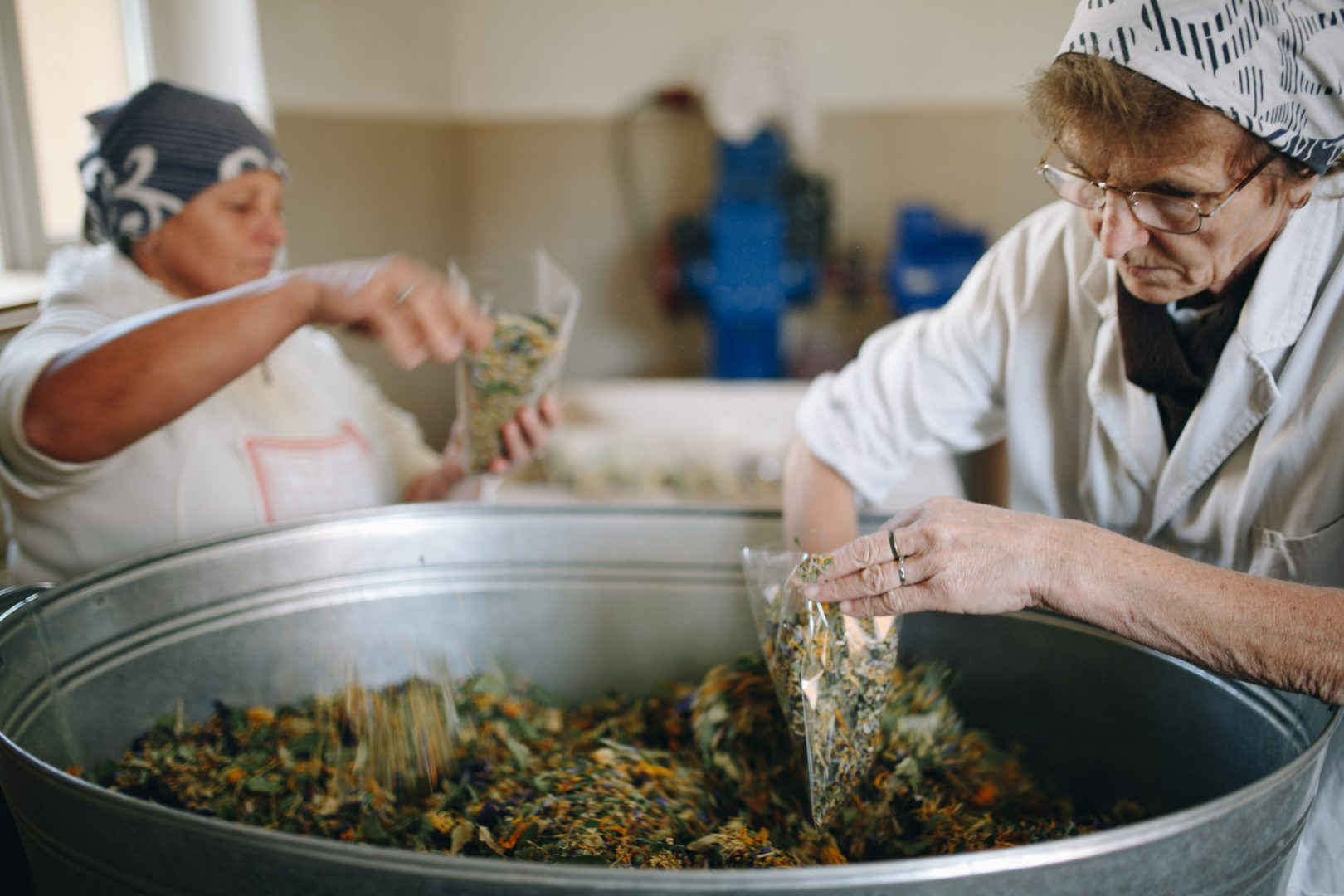
— Working by hand is our philosophy. We do everything manually, because mechanical packing damages the herbs. Hands can feel things better than any machine tool. This results in a good-quality product.
All the products hold the ‘Organic Standard’ certification. This is the first national certification body to provide organic certification in Ukraine. The criteria of the certification meet the EU requirements with regards to the quality of organic production.
Organic Standard
This was founded in 2007 as part of the Swiss-Ukrainian joint project ‘Organic Certification and Market Development in Ukraine’. The organisation provides certification in all regions of Ukraine, as well as in the Republic of Belarus and Kazakhstan.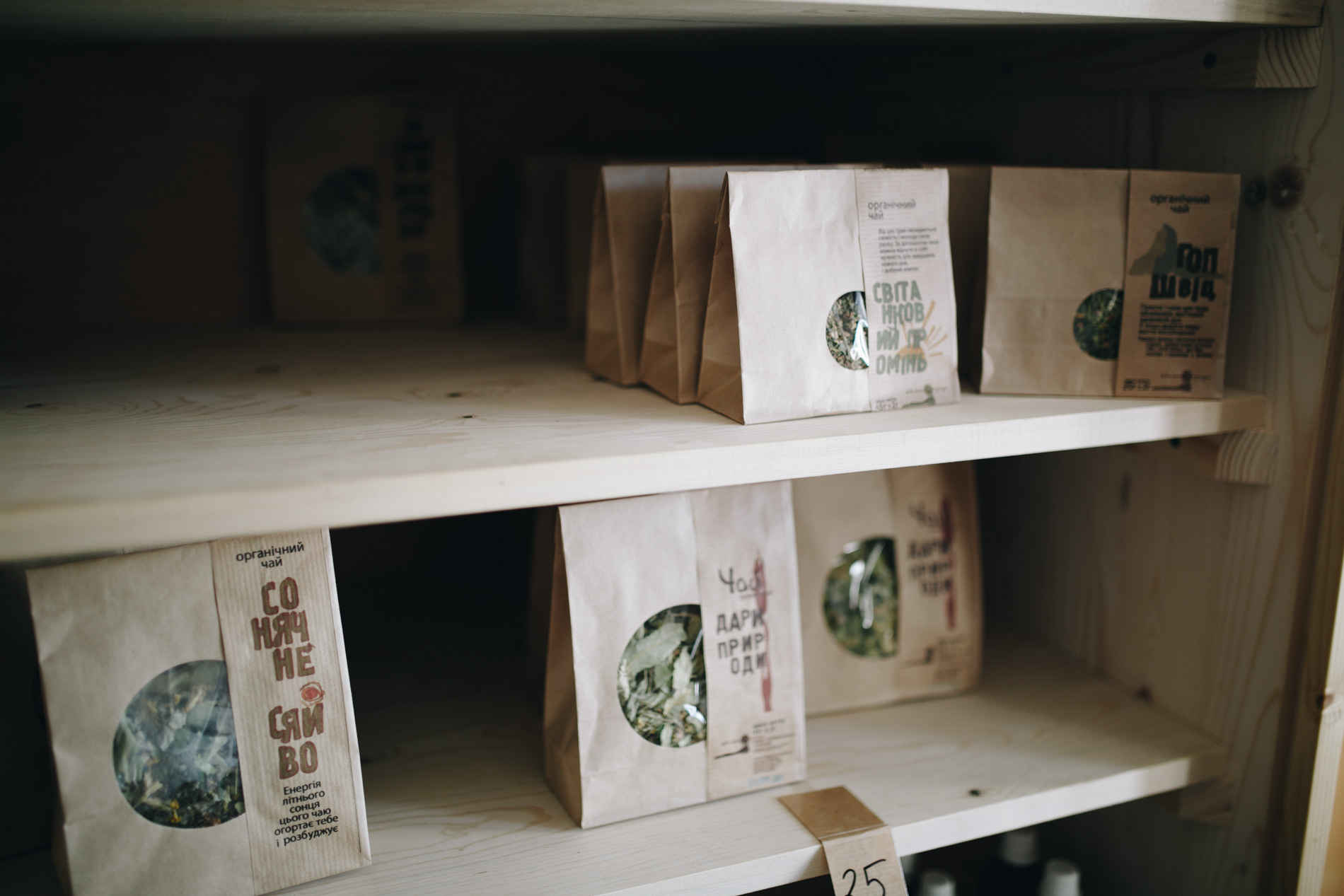
‘Silver Shining Morning’, ‘Golden Evening’, ‘Flower’, ‘Dawn Sunbeam’… According to Christina, the name of each herbal tea blend highlights its particular aroma and taste:
— The way I name teas is a composition of taste that I am looking for, to make it something like a sound, like a mood. When I taste each tea, I try to get a sense of the mood that corresponds to it. The name of each of our teas says something about the beauty of nature, about the mood you can find in it. I like the fact that people in Ukraine share this understanding. I’m not the only one who feels it; our clients do too.
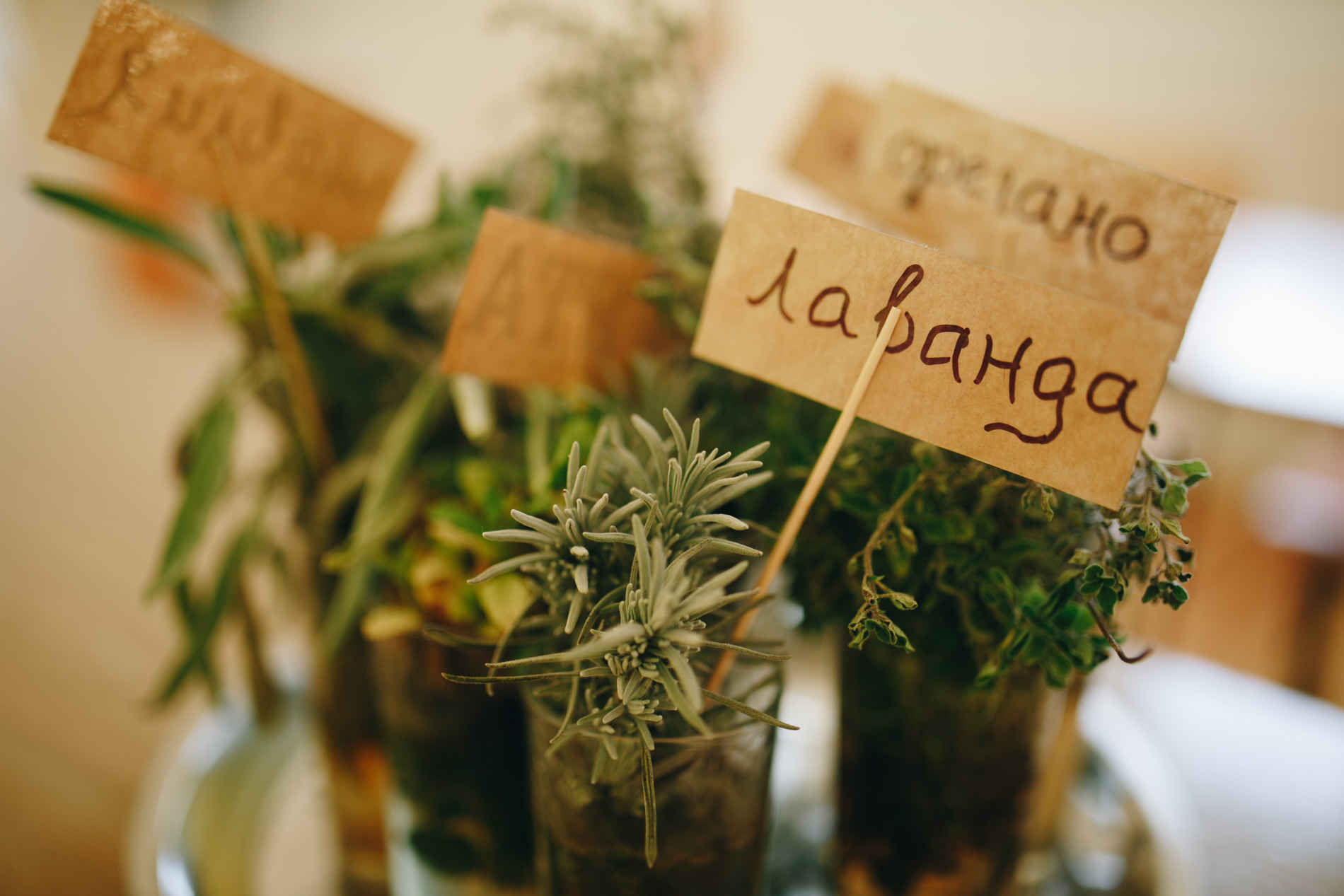
This is the place where a hardworking Swiss woman’s dream came true: the soil here is rich and fertile, and Christina says it is cheaper to run a business in Ukraine than in Switzerland:
— The land was calling me, I guess. I love working with the soil. For me, work is the most important thing; that’s why I moved here. Wherever I work and live, that’s where I feel at home. I enjoy being here. There are so many opportunities in Ukraine; with only a little money you can do something interesting.
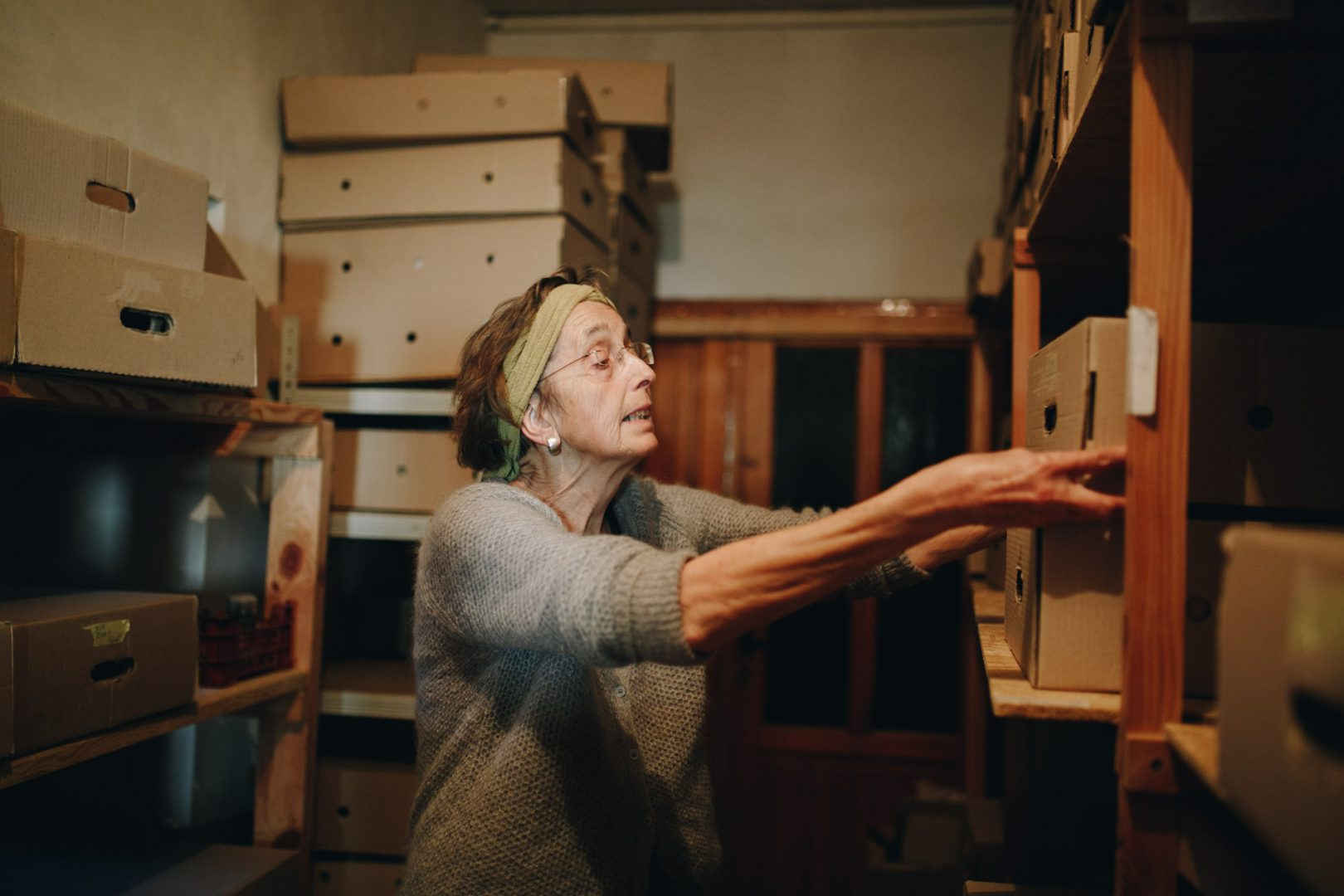
Biodynamic agriculture
The concept of biodynamic agriculture originated as a theory of the philosopher Rudolf Steiner, who gave a course of lectures on this topic in 1924. The philosopher’s students and followers tested the accuracy of his hypotheses in practice, and obtained a positive result. Since then, biodynamic agriculture has become a practical approach to effective organic farming.
The biodynamic approach rejects the use of non-organic fertilisers and chemicals: it only uses compost, manure, and natural or plant-based fertilisers. This method of farming also uses special biodynamic composites, usually made from cow dung, minerals and flowers. Herbs are also used in the process, to improve the nutritional quality and the taste of the food produced.
Seen through the prism of biodynamics, the soil is a living organism and is treated accordingly. This approach does not provide the maximum possible yield, but the highest nutritional value.
According to Steiner, living beings should consume only what is alive.
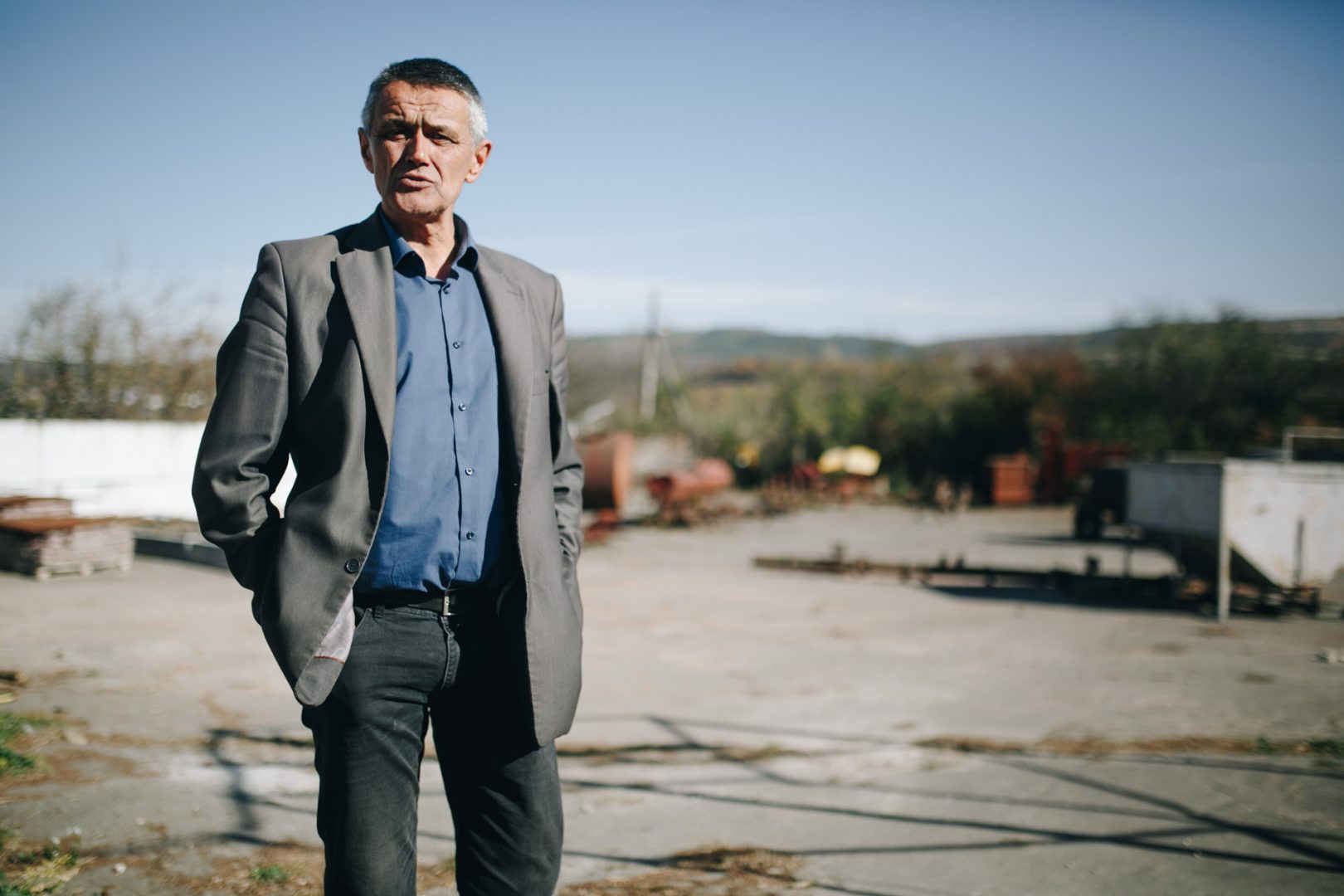
Ivan: Living Land of Potutory
Christina’s business is part of an ecosystem within a larger farmstead called ‘Zhyva Zemlya Potutory’ (‘Living Land of Potutory’). It was founded in 2007 by Ivan Boiko and a Swiss acquaintance of his, Rainer Zachs. Ivan met him on a business trip to Switzerland, after which he spent four months as an intern on a Swiss biodynamic farm.
I was born here in this village, graduated from Kyiv Agricultural Academy, worked on a farm, then got into graduate school. Then, because of my patriotic views, I couldn’t stay at the school where I was studying. I came here and started working as a teacher at Berezhany Agrotechnical College.
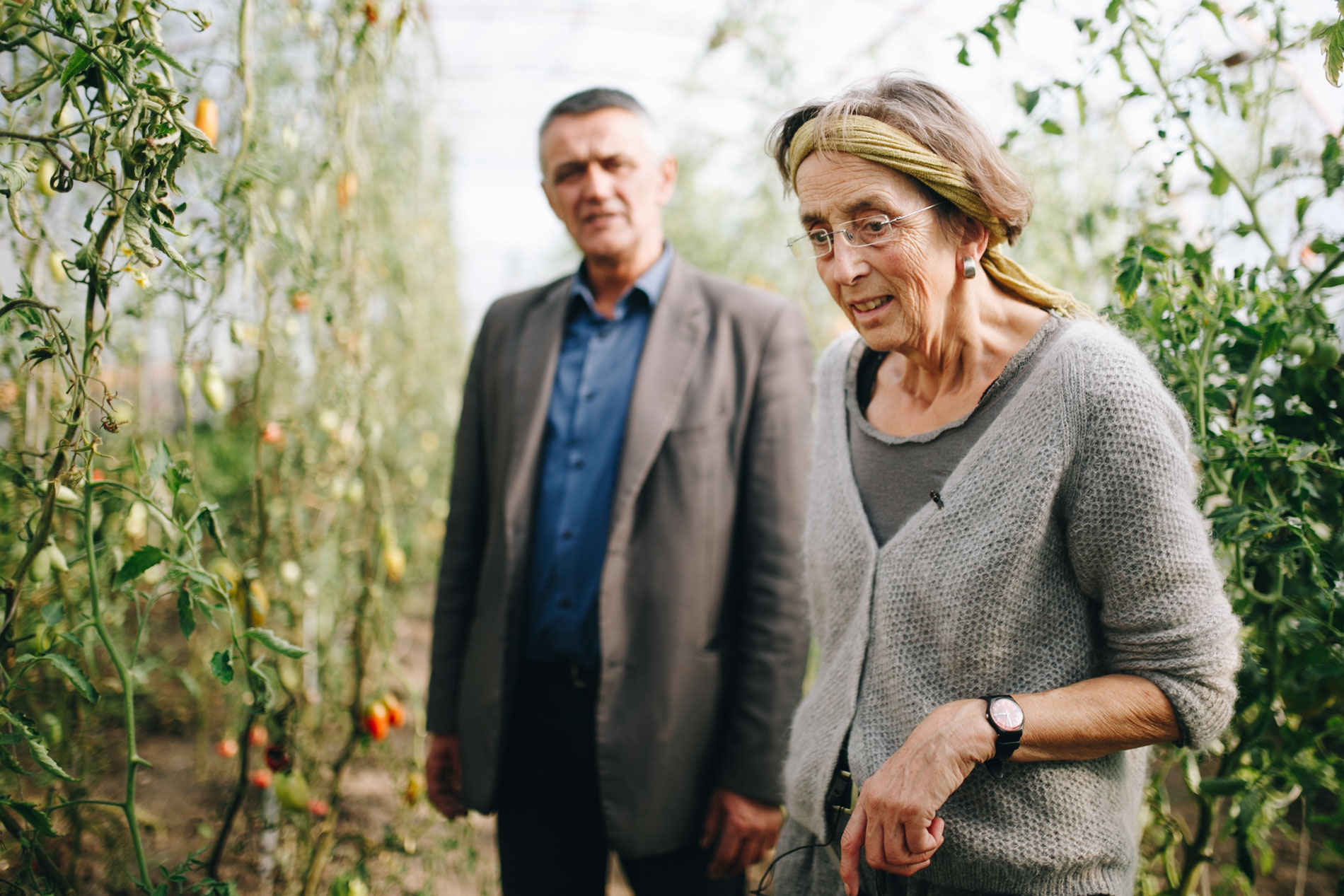
With his experience of biodynamic management in Switzerland, Ivan returned to Ukraine not only with new knowledge, but with investments too. Currently, a Swiss association, ‘Living Land of Switzerland’, is the main investor and owner of the Ukrainian company of the same name.
The association became one of the first manufacturers of organic produce in Ukraine. At present it works in three areas: grass growing, crop production and dairy farming. These days, the company employs up to 30 people.
The Swiss association rents 350 hectares of land where 50-60 species of herbs are grown, which are sold as tea blends or spices. Although this is a small area of land by Ukrainian standards, it is quite substantial compared to most farms in Switzerland, which are usually only 50 or 60 hectares.
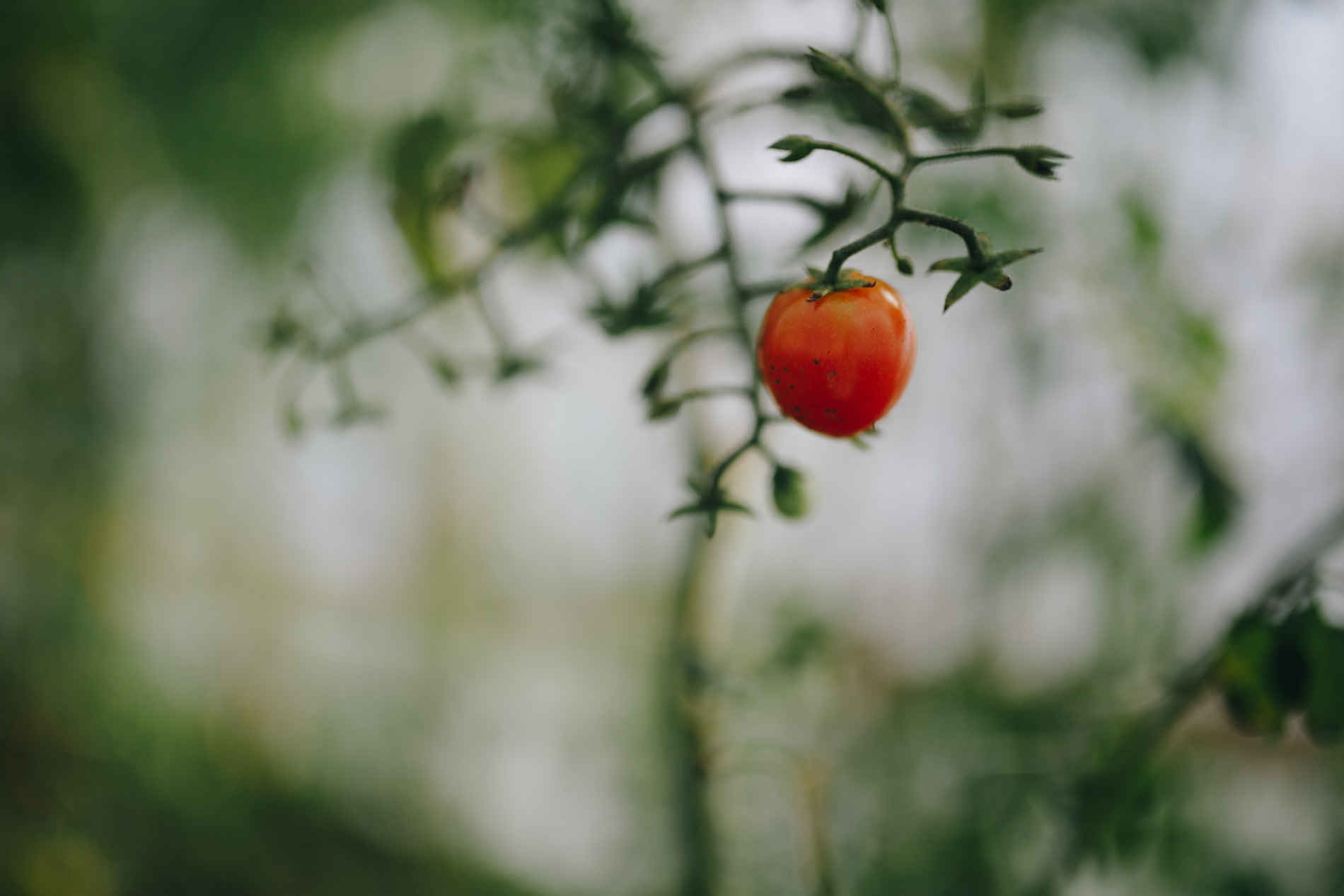
— They like the nature around here. Everyone who comes from Eastern or Southern Ukraine admires our forests and hills — it’s beautiful. Once Berezhany region was known as ‘Little Switzerland’ — that was back in the days of the Austro-Hungarian Empire. The Swiss came, were captivated by these places, and decided to implement this project to develop and support organic and biodynamic agriculture in Ukraine.
The company is not only funded by Living Land of Switzerland: it also exists on the contributions of individuals. Each investor can choose what to invest it in. They might choose to invest in the development of livestock or crop production, or perhaps in energy saving measures.
— You, as a private individual, could offer a couple of thousand Swiss francs, or euros, to insulate the processing room. Someone in Switzerland invests money that the association transfers to the farm so that insulation can be installed in the processing room. It is all targeted spending, because the Swiss have their own vision of things: they donate money to get a result.
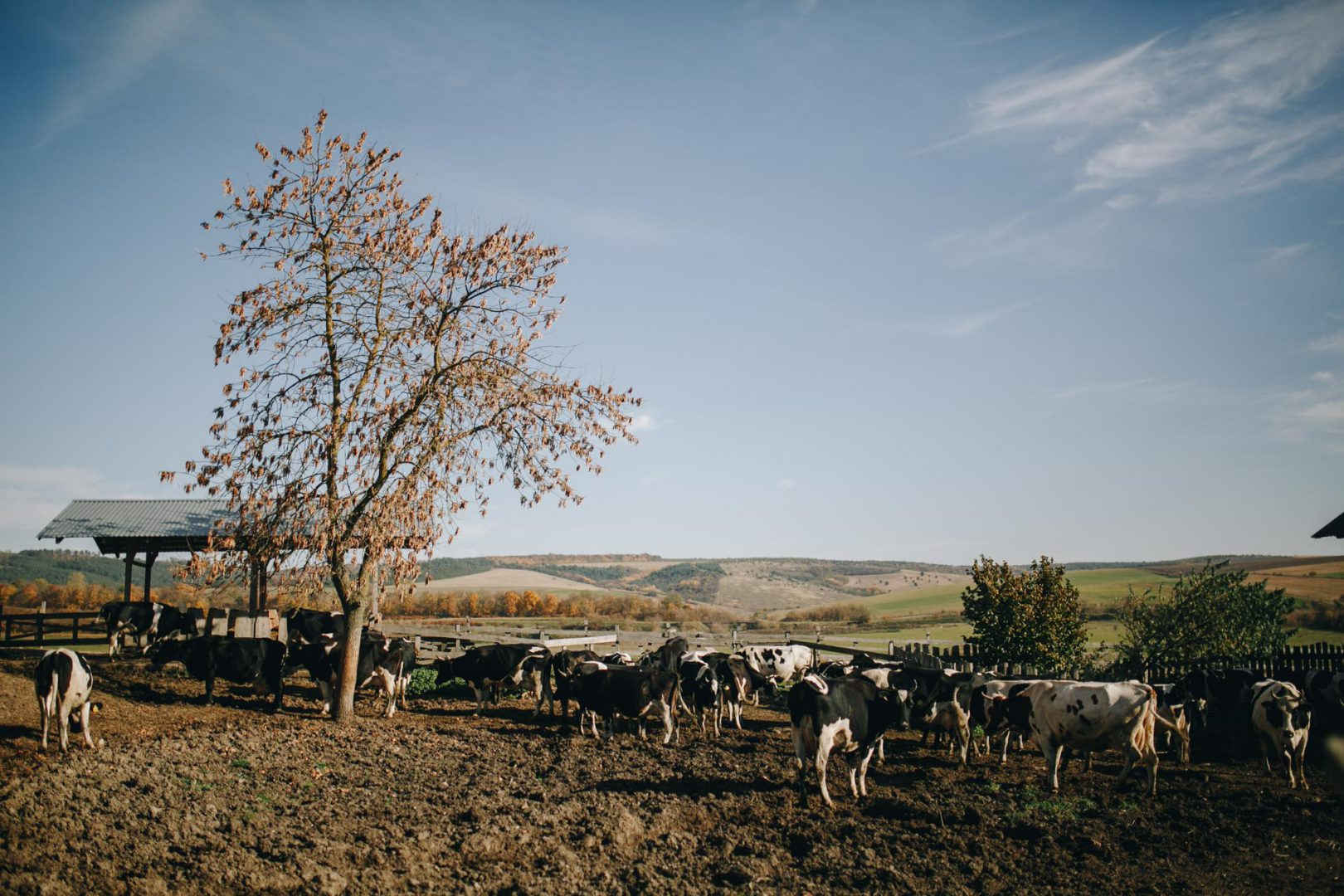
On site, there are stables and a milking parlour, a greenhouse, and facilities for storage and for processing the raw materials. During the warmer months, the cows are almost always grazing freely, and they are brought to be milked in specially-equipped premises:
— We have a milking machine for six cows. You can use it to milk cows in the field, but the way things are right now in Ukraine, this isn’t easy. We decided to set up a milking parlour. The milk does not come into contact with the hands: thanks to the milking machine, it goes directly into the refrigerator through the pump.
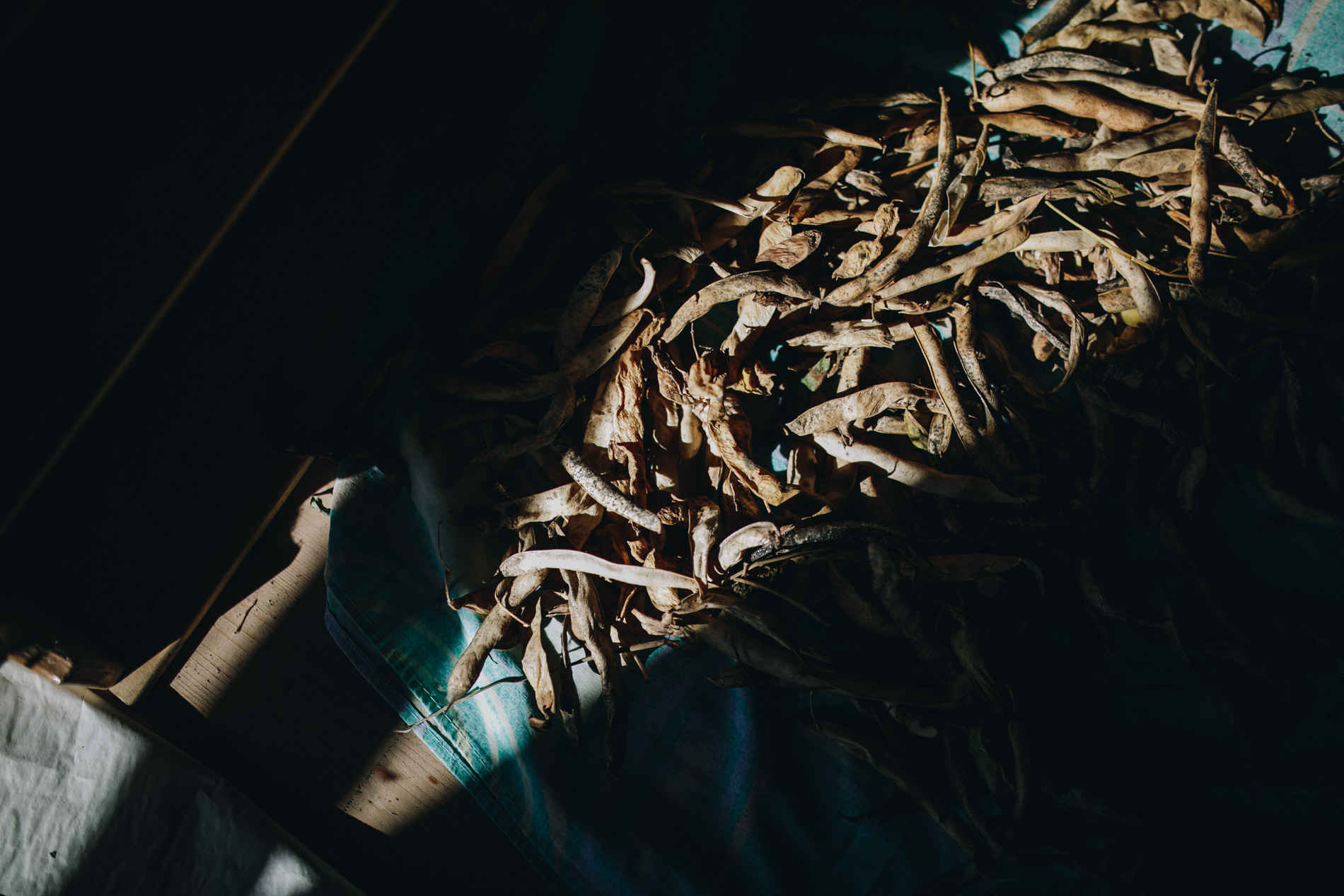
They began by selling dairy products, which were transported to the district center by Zhiguli (a popular model of car that was first manufactured in the Soviet Union — ed.) so as not to attract undue attention. In spring and summer, according to Ivan, they have to reduce the price for milk to compete with local smallholders:
— We’re not chasing high milking rates — although it should cost more — but the price is regulated by local women who sell their milk in the district centre. So, at such a low price, quality organic milk is in demand. It’s both tasty and rich.
According to Ivan, in today’s economic climate, Ukrainians need to save money. This means that not everyone can afford to buy organic produce even if they want to, even if they have access to good-quality products.
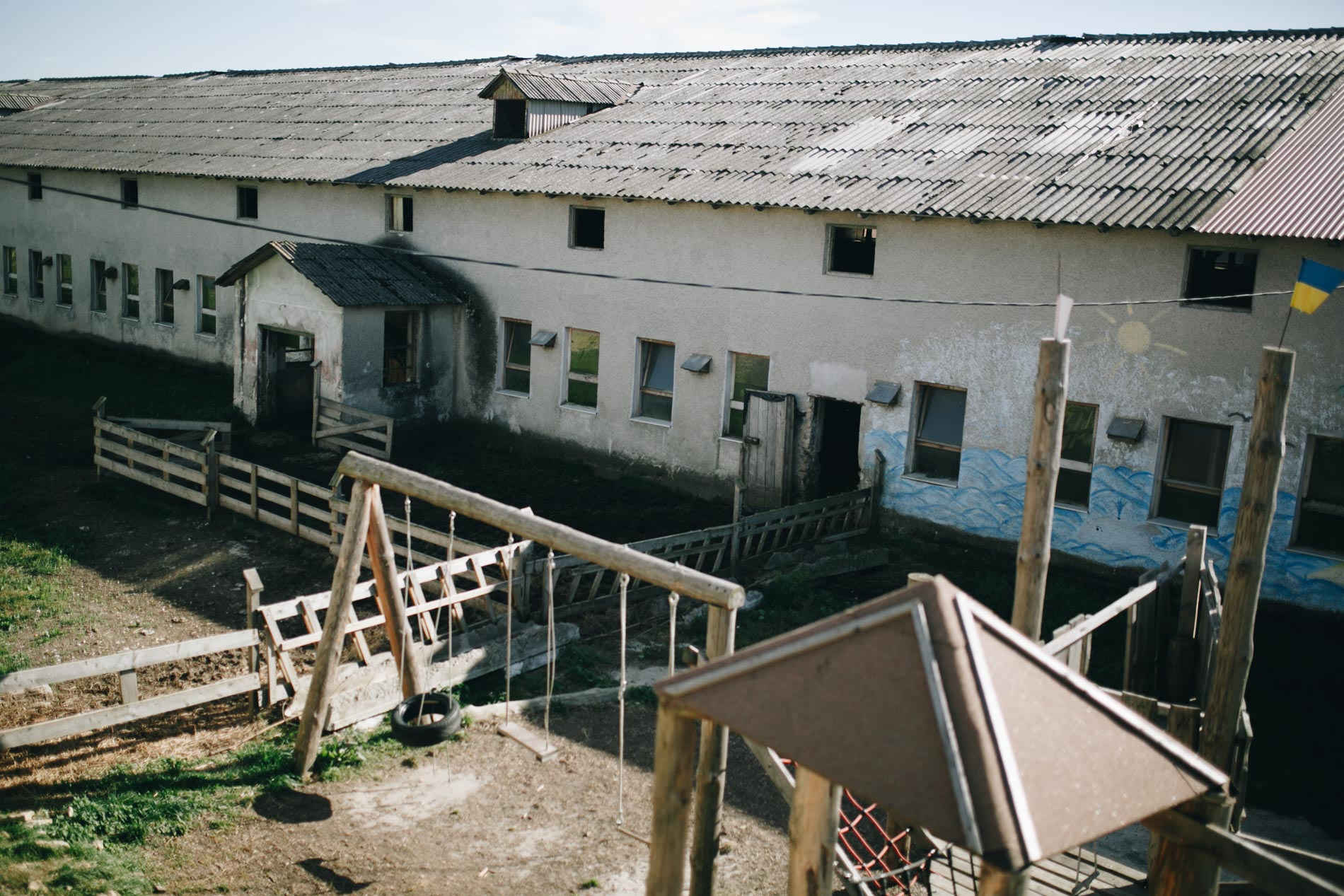
The head of the company believes that first of all, living standards need to be raised for the average consumer. Ideally, they would like to cater to the average consumer, rather than a few isolated wealthy people.
Ivan observes that the organic production market in Ukraine is still far from stable:
— There is no stability in the Ukrainian organic market yet. That is, you are happy to have grown the produce, and you have a buyer who has paid the amount you expected, but next year it may not happen, perhaps because the owners aren’t in that business any longer, or because they switched to another.
However, the man notes a positive trend among young people seeking to consume organic food.
— Our clients are often young people who know the meaning of ‘organic’ and ‘healthy lifestyle’. Despite the fact that the products are not cheap, they try to buy them for themselves and their children.
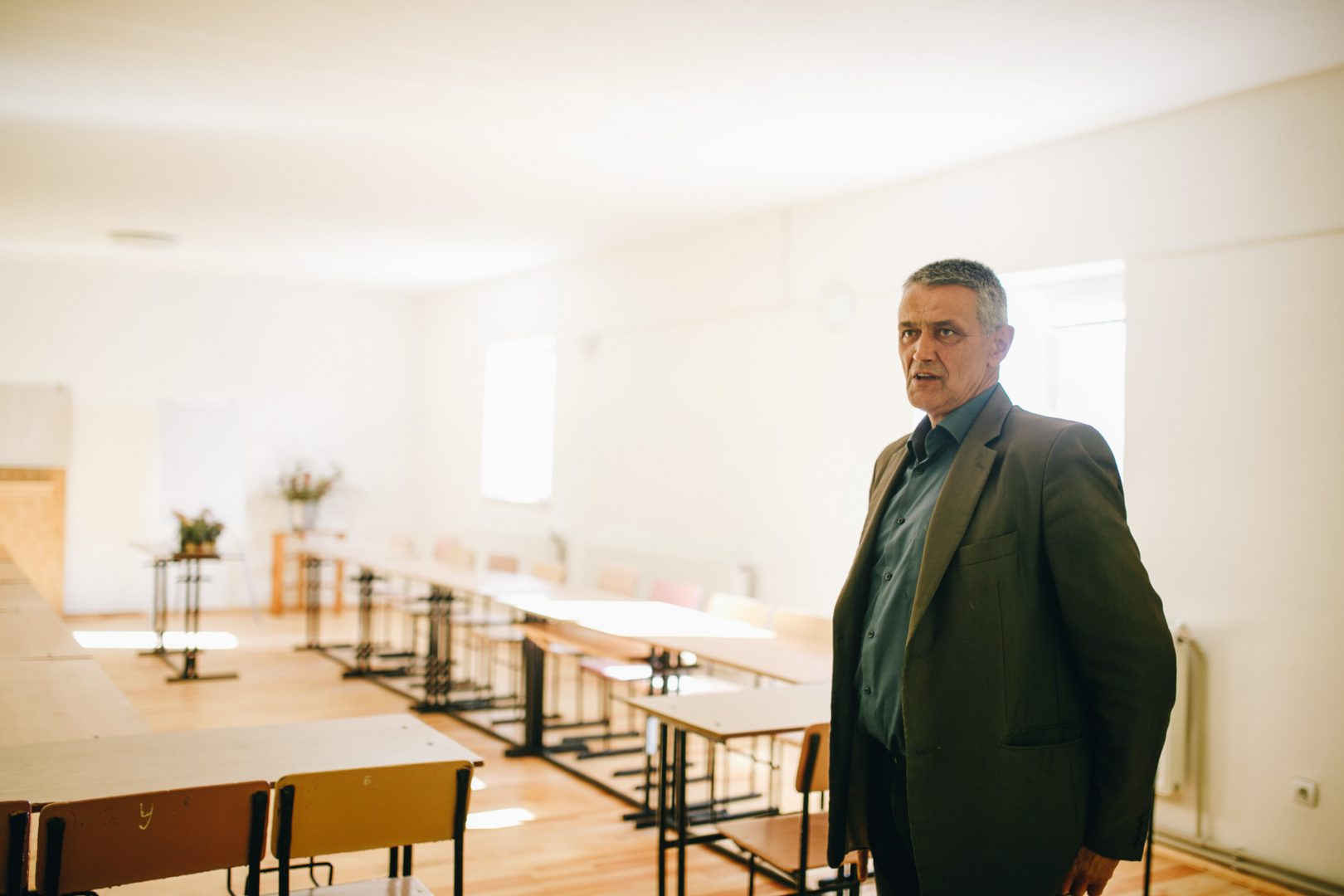
Training farm
There is a training farm on site, which was set up to teach biodynamic farming methods. According to Ivan, there is a similar practice at the Waldorf school where Christina used to work. Taking into account her previous experience and the mistakes along the way, Christina managed to adjust the process so that everything turned out in the best way possible.
These days, volunteers from Kyiv and Dnipro come to train at the farm, as well as students from schools for children with special needs. Students from the ninth and tenth classes at the ‘Sofiia’ Waldorf School in Kyiv also come for taster sessions, at their own expense. In addition to the children, carpenters and builders come to build and repair the farm buildings, funded partly by themselves and partly by the Swiss association.
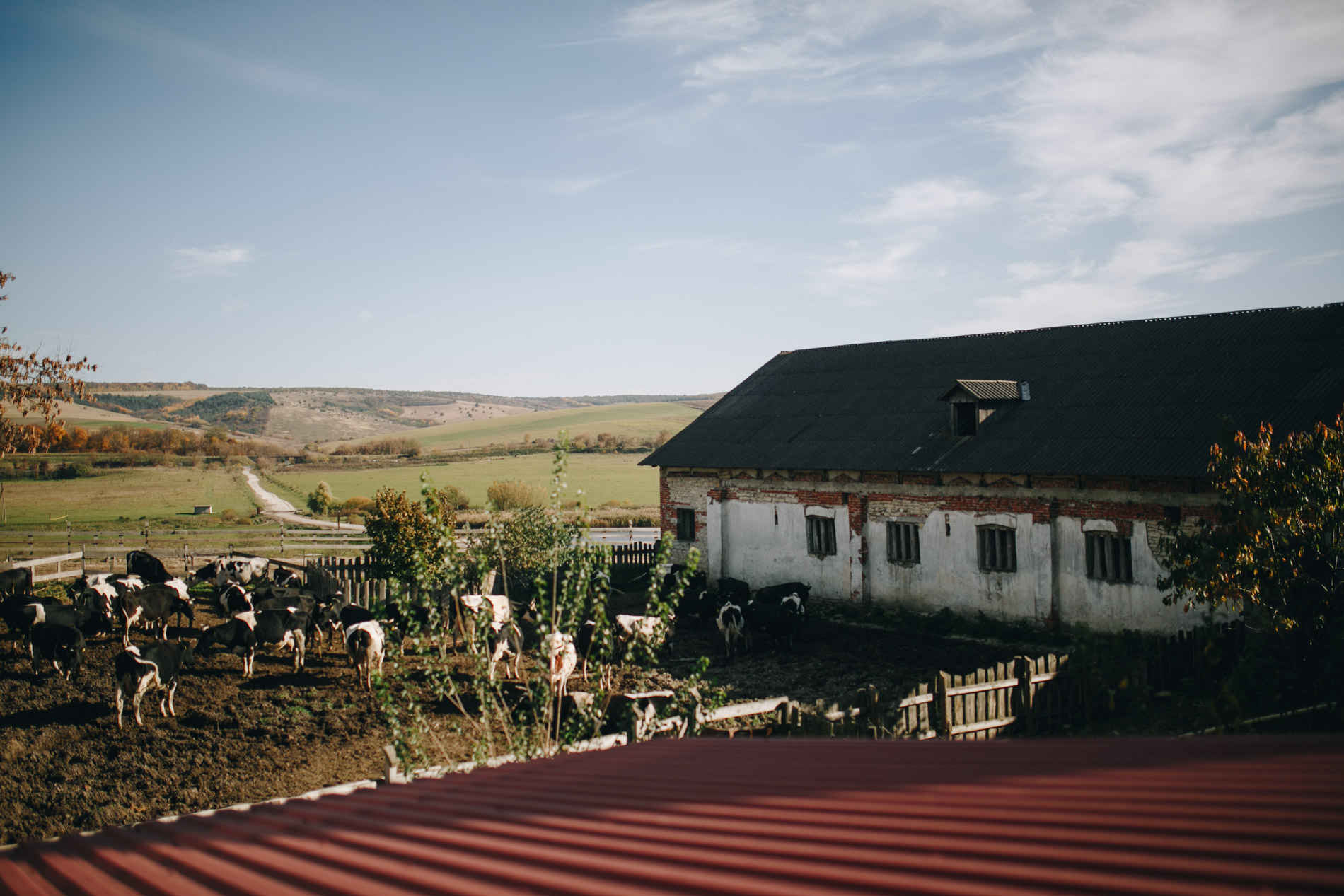
The lecturers at the school are specialists from France and Switzerland, while the initiator of the educational farm project was a Ukrainian woman, Maryna Bohdanyuk, also the founder of the association ‘Biodynamics of Ukraine’. Rainer Sachs, a Swiss biodynamics specialist and former farm owner, teaches and shows students how to make biodynamic preparations and bury them properly in the ground. According to Ivan, the training process is still at the development stage but there are already a great many friends and proponents of bio-farming who learned the technique right here in Potutory:
— For so many people, this course in biodynamic agriculture feels like a home from home.

